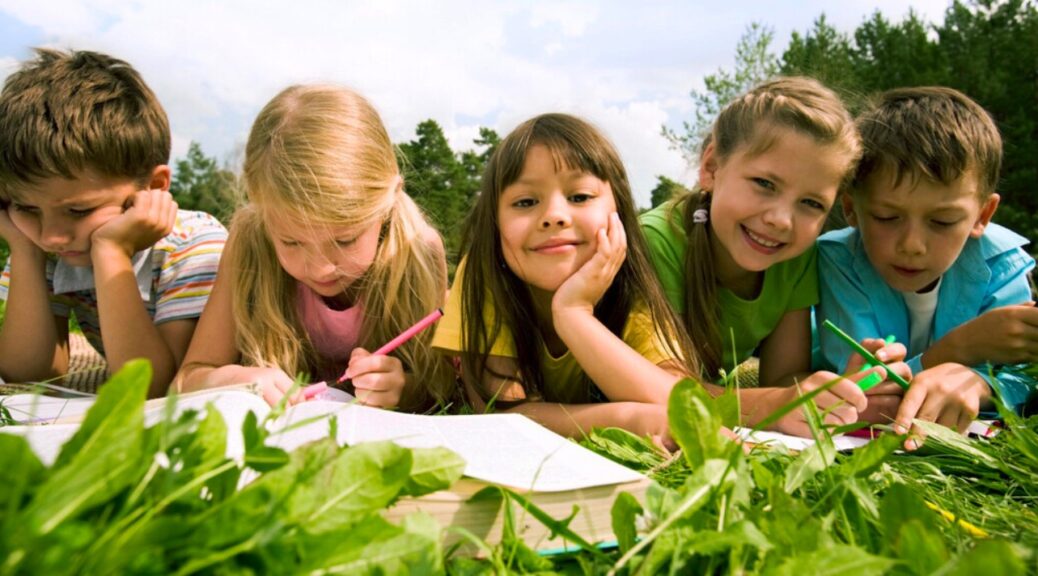In the face of escalating environmental challenges, educating for sustainability has emerged as a critical component of modern education systems. Social education plays a pivotal role in fostering environmental awareness among students, equipping them with the knowledge and skills necessary to address complex ecological issues. By integrating sustainability into the curriculum, educators can inspire future generations to become responsible stewards of the environment.
The Importance of Sustainability Education
Sustainability education aims to empower individuals with the knowledge, skills, and values necessary to act as responsible citizens and environmental stewards. It encourages students to think critically about the impact of their actions on the planet and promotes sustainable practices that contribute to environmental conservation. This type of education is not limited to science classes; it permeates all areas of learning, including social studies, economics, and even the arts.
Integrating Environmental Awareness into the Curriculum
Integrating environmental awareness into the curriculum involves a holistic approach that combines theoretical knowledge with practical experiences. Schools can adopt project-based learning to engage students in real-world environmental issues. For example, students can participate in projects such as creating a school garden, conducting waste audits, or organizing community clean-up events. These activities help students understand the importance of sustainability while developing problem-solving and teamwork skills.
Incorporating sustainability into subjects like social studies allows students to explore the interconnectedness of human societies and the environment. They can examine how cultural practices, economic systems, and political decisions impact the planet. By analyzing case studies and engaging in discussions, students can develop a deeper understanding of how their actions contribute to global environmental challenges and identify ways to promote sustainable solutions.
Encouraging Critical Thinking and Action
Social education not only provides students with knowledge but also encourages critical thinking and action. It challenges students to question existing norms and practices that contribute to environmental degradation. By examining the root causes of environmental issues, students can identify innovative solutions and advocate for change.
Moreover, social education encourages students to take an active role in their communities. Through initiatives like recycling programs, tree planting campaigns, and advocacy for policy changes, students can become catalysts for positive environmental change. By fostering a sense of agency and responsibility, educators can inspire students to become lifelong advocates for sustainability.
Collaborating with Communities and Organizations
To enhance the effectiveness of sustainability education, schools can collaborate with local communities and environmental organizations. Partnerships with these entities provide students with valuable opportunities to engage in hands-on learning experiences and gain insights from experts in the field. Guest speakers, workshops, and field trips can expose students to diverse perspectives and inspire them to explore careers in environmental science and advocacy.
Additionally, involving parents and community members in sustainability initiatives can create a supportive network that reinforces the values taught in the classroom. Schools can organize events that promote environmental awareness, such as eco-fairs, where students showcase their sustainability projects and initiatives to the wider community.
Conclusion
Educating for sustainability is an essential component of modern education that equips students with the knowledge and skills needed to address pressing environmental challenges. By integrating social education into the curriculum, schools can foster environmental awareness and empower students to become responsible stewards of the planet. Through critical thinking, community collaboration, and hands-on experiences, students can develop a deep understanding of sustainability and actively contribute to a more sustainable future. As educators, parents, and community members work together, we can inspire the next generation to embrace their role as environmental advocates and champions of sustainability.
